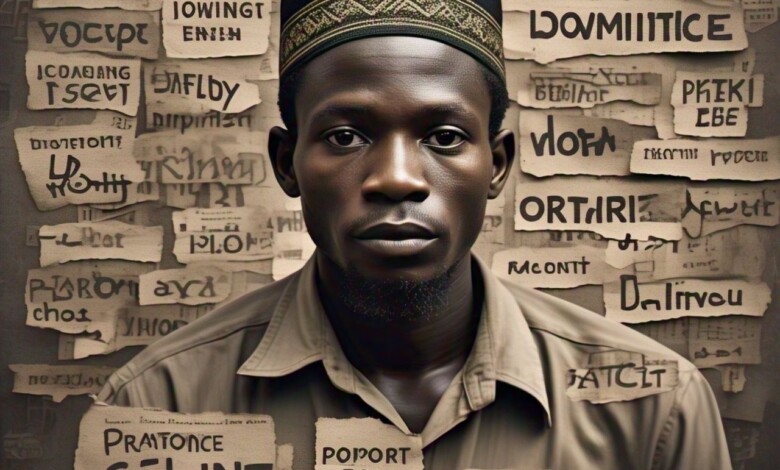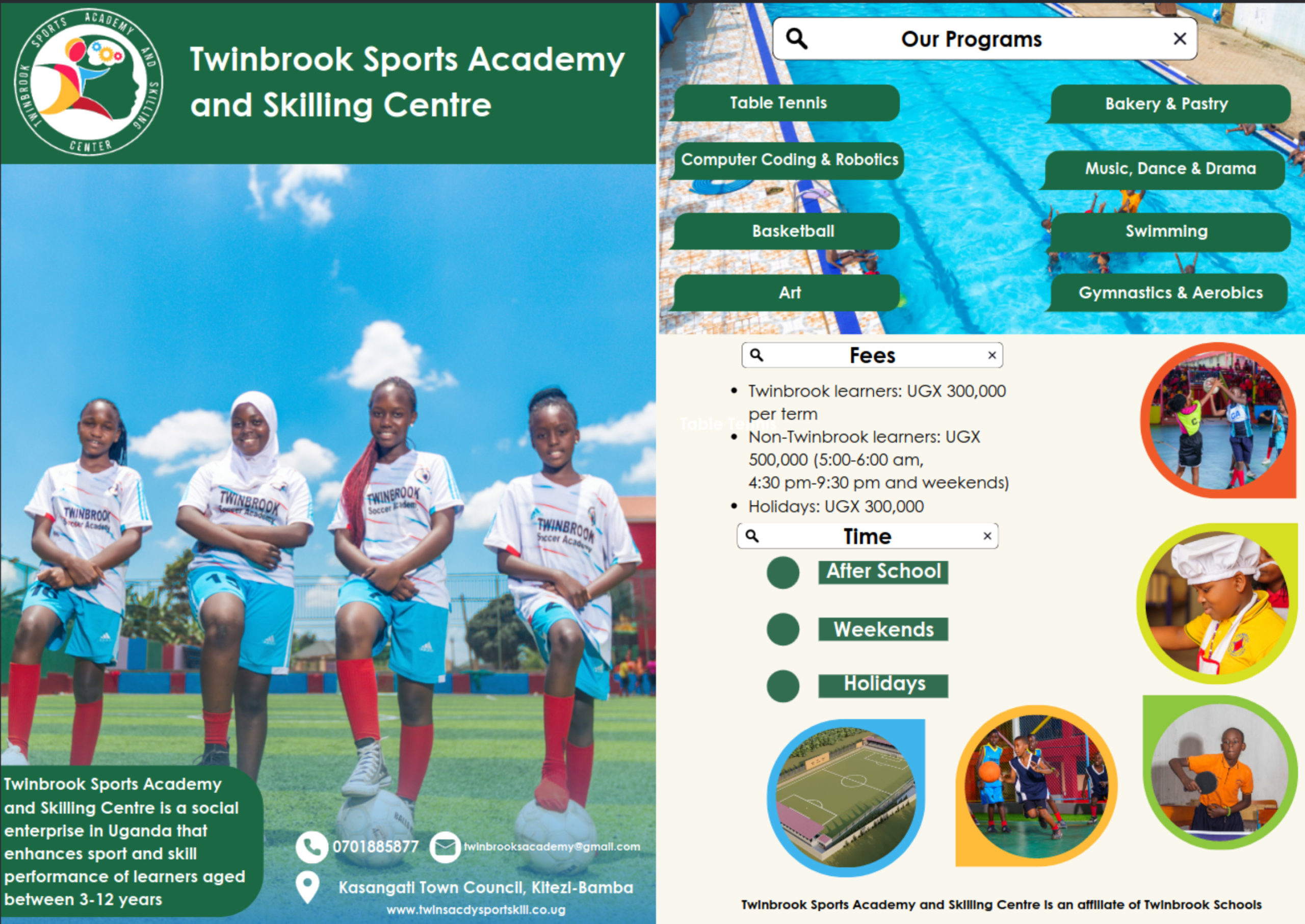Confronting the triple threat: Ignorance, poverty, and division

By Yusuf Ali Bulafu
Assalam alaykum warahmatullahi wabarakatuh.
Bediuzzaman Said Nursi, a renowned 20th-century Islamic scholar, identified three primary adversaries that have historically weakened the Muslim Ummah: ignorance, poverty, and division. These “Triple Threats” are not isolated problems but interconnected challenges that, left unaddressed, create a cycle of stagnation and vulnerability. To revitalize the Ummah and regain collective strength, it is essential to understand and actively work against these challenges using the tools of knowledge, economic empowerment, and unity.
Ignorance: The root of stagnation
Ignorance, or the lack of knowledge and education, is one of the most significant obstacles facing the Muslim world today. It limits individual potential, restricts economic growth, and leaves communities vulnerable to exploitation and misinformation. In Islam, knowledge is seen as a light that illuminates the path to Allah, and the Quran repeatedly encourages believers to “ponder,” “reflect,” and “seek knowledge.” Historically, when Muslims prioritized education, they led the world in advancements across disciplines, from medicine to mathematics.

Today, however, access to quality education remains limited in many parts of the Muslim world and communities, hindering progress. The solution lies in making education a communal priority, recognizing that investing in the intellect of every Muslim is essential for the community’s overall strength. This includes not only religious education but also the sciences, humanities, and vocational skills that allow individuals to excel in all areas of life. By fostering a culture of lifelong learning, we can overcome the darkness of ignorance and empower future generations to contribute meaningfully to society.
Poverty: A barrier to dignity and independence
Poverty is another significant threat that weakens communities and limits their influence. When poverty is widespread, it exacerbates other issues, such as access to education, health, and basic needs, often leading to dependency on external aid. This economic vulnerability affects the dignity and autonomy of individuals and entire nations, making it challenging for them to assert their rights and priorities. Furthermore, poverty often leads to social issues such as increased crime rates, as individuals struggle to meet their basic needs.
Islam encourages financial responsibility, hard work, and generosity to prevent such societal decay. Zakat, one of the Five Pillars of Islam, is specifically designed to alleviate poverty within the community, ensuring that wealth circulates in a way that uplifts those in need. To address poverty effectively, the Ummah must adopt a multi-pronged approach that includes supporting local businesses, developing community-based financial systems, and advocating for ethical economic policies. By strengthening the financial stability of Muslim communities, we can build a resilient and self-sufficient Ummah capable of standing firm in the face of adversity.
Division: The weakening force of disunity

Division, whether in the form of sectarianism, political rivalry, or social fragmentation, is one of the most damaging issues facing the Muslim Ummah. Internal conflicts drain resources, energy, and morale, preventing Muslims from uniting around common goals. Historically, unity has been a source of strength for Muslims, enabling them to defend their rights and achieve remarkable progress. However, in recent times, divisions have become more pronounced, often fueled by external powers seeking to weaken the Ummah from within.
The Prophet Muhammad warned of the dangers of division, encouraging believers to “hold fast to the rope of Allah, all together, and do not become divided” (Quran 3:103).
In times of crisis, solidarity becomes an essential defense mechanism, protecting the Ummah from internal and external threats. Addressing division requires fostering a sense of brotherhood, prioritizing common values, and respecting differences without compromising unity. By transcending superficial divisions and embracing a shared identity, Muslims can build a stronger, more cohesive community.
These three threats—ignorance, poverty, and division—are not isolated; they fuel and reinforce each other in a vicious cycle. Ignorance hinders economic progress, leading to poverty, which then limits access to education and social mobility. This lack of resources and awareness contributes to division, as people focus on immediate survival rather than building bridges and working together for a greater cause. Division, in turn, weakens the community’s ability to advocate for its needs and confront collective challenges, perpetuating both poverty and ignorance.
Conversely, the solution to one can positively impact the others. When knowledge is prioritized, it not only combats ignorance but also empowers individuals to improve their economic conditions. Economic stability, in turn, reduces desperation and the likelihood of division, as people are more inclined to cooperate when their basic needs are met. Unity allows for shared resources and support, facilitating educational and economic growth. In this way, addressing each of these threats can create a virtuous cycle that uplifts the entire Ummah.
To be continued …





